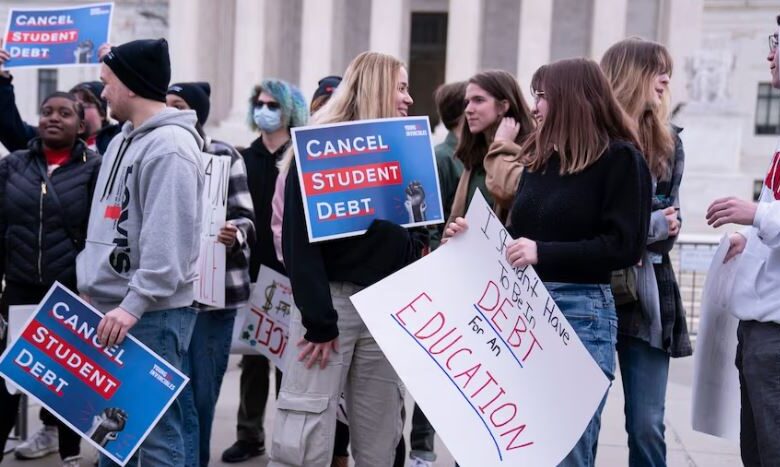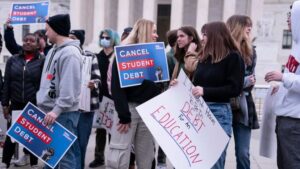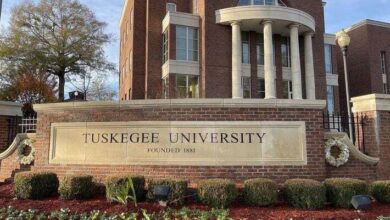Supreme Court Rejects Biden’s Student Loan Forgiveness Program, Deems it Beyond Presidential Authority


In a significant blow to President Biden’s agenda, the Supreme Court on Friday ruled that the President does not possess the authority to execute his $400 billion program aimed at forgiving student loan debt. This marks the latest instance of a Supreme Court which has proven increasingly skeptical of the administration’s ambitious assertions of power.
The decision was passed with a 6 to 3 vote along ideological lines. Chief Justice John G. Roberts Jr., writing on behalf of the court’s dominant conservatives, declared that Biden’s contention of the administrative authority to forgive student loan debt lacked legislative grounding. The administration had sought to utilize the Higher Education Relief Opportunities for Students (HEROES) Act of 2003, a law allowing the education secretary to waive or modify loan provisions during national emergencies, such as the current COVID-19 pandemic, to justify the loan forgiveness.
The conservative majority of the court, however, rejected this interpretation. Roberts wrote, “The Secretary asserts that the HEROES Act grants him the authority to cancel $430 billion of student loan principal. It does not.” He continued, stating, “We hold today that the Act allows the Secretary to ‘waive or modify’ existing statutory or regulatory provisions applicable to financial assistance programs under the Education Act, not to rewrite that statute from the ground up.”
Roberts was supported by Justices Clarence Thomas, Samuel A. Alito Jr., Neil M. Gorsuch, Brett M. Kavanaugh, and Amy Coney Barrett.
The ruling brought together several contentious issues, including an ambitious program intended to fulfill a campaign promise, the Supreme Court’s increased scrutiny over the ability of federal agencies to act without specific congressional authorization, and the power of Republican-led states to challenge a president’s priorities in court before they take effect.
Biden, alongside Education Secretary Miguel Cardona, had proposed a plan to eliminate up to $10,000 in student debt for borrowers earning up to $125,000 annually, or $250,000 for married couples. Pell Grant recipients, typically low- and middle-income students, would be eligible for an additional $10,000 in forgiveness. Under the plan, approximately 20 million borrowers would have seen their loan balances cleared.
U.S. Solicitor General Elizabeth B. Prelogar defended the program during oral arguments, stating that Cardona’s actions were not only justified by law but were also precisely what Congress intended when it passed the Heroes Act in response to the 9/11 terrorist attacks.
Dissenting from the majority opinion, Justice Elena Kagan asserted that the court was superseding congressional and executive powers in making national policy. In her dissent, joined by Justices Sonia Sotomayor and Ketanji Brown Jackson, Kagan wrote, “Congress authorized the forgiveness plan (among many other actions); the Secretary put it in place; and the President would have been accountable for its success or failure.” She further criticized the court’s decision to deny some 40 million Americans the benefits provided by the plan due to its ‘significance.’
Following the ruling, President Biden was expected to deliver a statement later on Friday.





